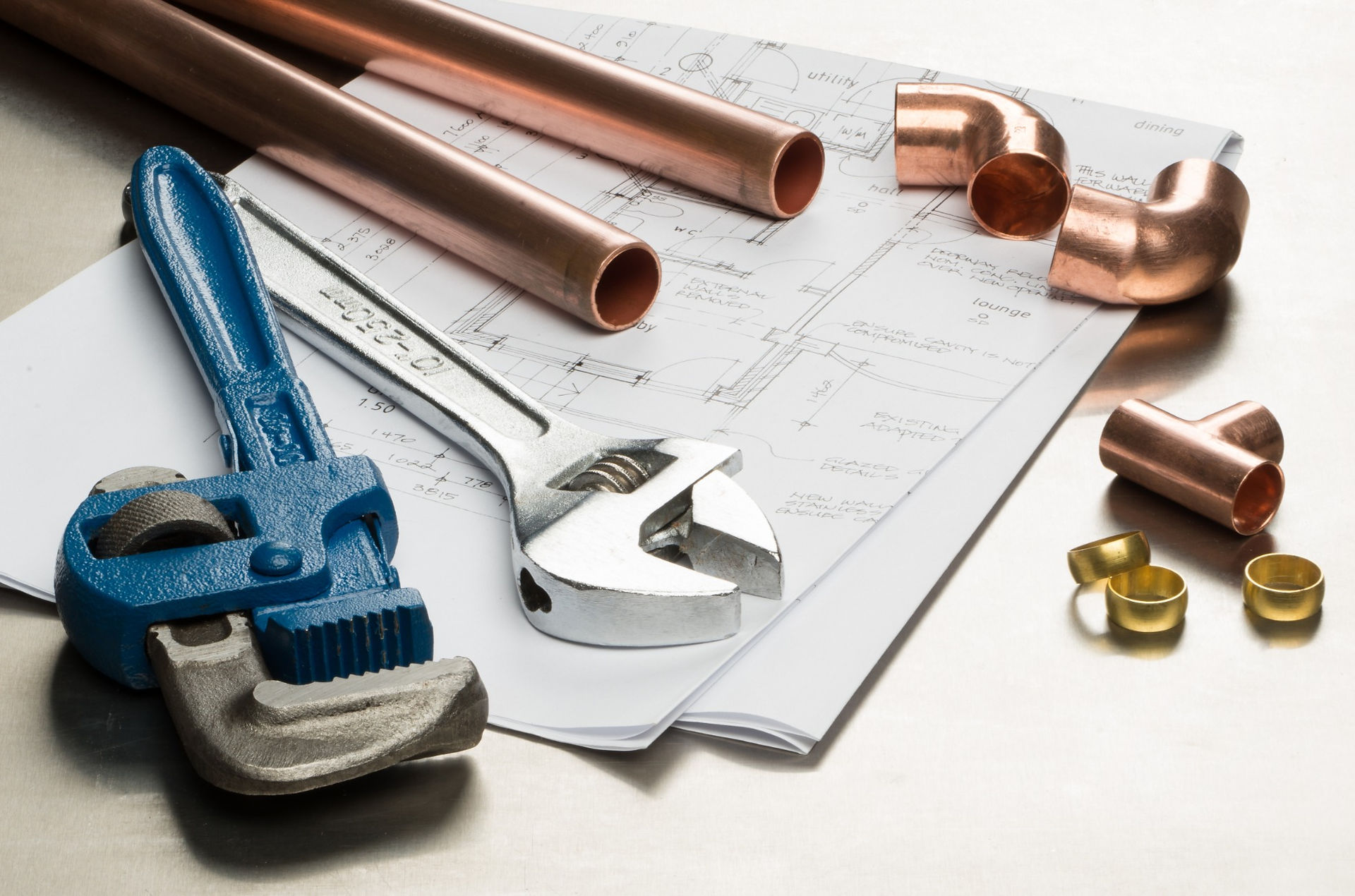Why Go Tankless? Exploring the Pros, Cons, and Costs of Tankless Water Heaters
- marco4240
- Jun 27, 2025
- 3 min read
When considering a new water heater for your home, many people are opting for tankless models. Tankless water heaters, which have been used in Europe since the 1970s, are becoming more popular in the U.S. because of their efficiency, space-saving design, and consistent hot water supply. But are they the right choice for your home? Let’s dive into the pros, cons, and costs of going tankless.
What is a Tankless Water Heater?
A tankless water heater heats water on demand as it flows through the unit, unlike traditional water heaters that store hot water in a tank. This on-demand heating process means you never run out of hot water, and it’s more energy-efficient because you're only heating water when you need it.
Pros of Tankless Water Heaters
Endless Hot Water: Tankless units provide hot water on-demand, meaning you never have to worry about running out, even with multiple showers happening simultaneously.
Space-Saving Design: Without a bulky storage tank, these units can be installed in smaller spaces, often on a wall, freeing up room for other uses.
Energy Efficiency: Tankless water heaters only heat the water you use, which can save you a significant amount on your energy bill. Additionally, many models qualify for federal tax rebates, which can offset the initial installation cost.
Longevity: With regular maintenance, a tankless water heater can last 25 years or more, which is significantly longer than traditional tank models.
Cons of Tankless Water Heaters
Higher Initial Cost: While you’ll save on energy costs over time, the initial investment for a tankless water heater can be higher than a traditional model. Top-of-the-line models like the Rinnai RXP199 or Navien 240A2 can cost around $4,000, but they offer superior performance and energy efficiency.
Specialized Installation: Tankless units often require specific installation considerations, such as appropriate venting, plumbing, and electrical work. Some retrofits can be costly, particularly if the installation involves significant changes to your home’s infrastructure.
Maintenance Needs: Regular maintenance is key to the longevity of your tankless water heater. A simple de-scale and inspection every 1-2 years will keep the unit in optimal condition. However, without regular maintenance, issues like frozen valves or dirty fans may arise, leading to additional repair costs.
Costs of Tankless Water Heaters
While the upfront cost can be higher than traditional models, tankless water heaters provide savings in energy costs over time. A typical installation for a top-tier unit with built-in recirculation is around $4,000. However, additional costs may be incurred if you need specialized venting, new valves, or extensive plumbing work.
You should also factor in maintenance costs. Regular servicing is recommended to keep your tankless unit in peak condition, with a typical service call costing $150 per unit for an annual de-scale and inspection. Additional services like fan or burner maintenance may cost extra.
Types of Tankless Water Heaters: Condensing vs Non-Condensing
There are two primary types of tankless water heaters: condensing and non-condensing.
Non-Condensing Units: These are typically less expensive and simpler to install but are less energy-efficient and tend to produce hotter exhaust gases that require stainless steel venting. These units are best for new installations with good venting access.
Condensing Units: More efficient, condensing units recycle exhaust gases to pre-heat incoming water, offering greater energy savings. However, they require specialized venting and proper condensate drainage, making installation more complex and costly.
Recirculation Systems: Dedicated Line vs Comfort Valve
Tankless systems can be paired with two types of recirculation methods:
Dedicated Recirculation Line: This system uses a return line to circulate hot water through the home, ensuring immediate hot water delivery. It’s ideal for larger homes and ensures efficient performance, but it can be costly to install, especially if the home doesn’t already have a dedicated recirc line.
Comfort Valve System: An alternative for homes without a recirculation line, comfort valves help speed up hot water delivery by minimizing the distance water needs to travel. While not as efficient as a dedicated line, it’s a more affordable solution for smaller homes or retrofits.
Conclusion: Is Tankless Right for You?
A tankless water heater offers numerous benefits, including endless hot water, energy efficiency, and long-term savings. However, the higher upfront cost and specialized installation may not be suitable for every home or budget. It’s important to weigh the long-term benefits against the initial investment. If you’re ready to upgrade your water heating system, a tankless model might just be the right choice for you.
Ready to Make the Switch to Tankless?
If you’re considering upgrading to a tankless water heater, we’re here to help! Whether you need a quote, advice on the best system for your home, or expert installation, Marco's Tankless has got you covered. Contact us today to schedule your consultation and start enjoying endless hot water, energy savings, and a long-lasting investment in your home.
Get in touch now! 480-620-3859












Comments